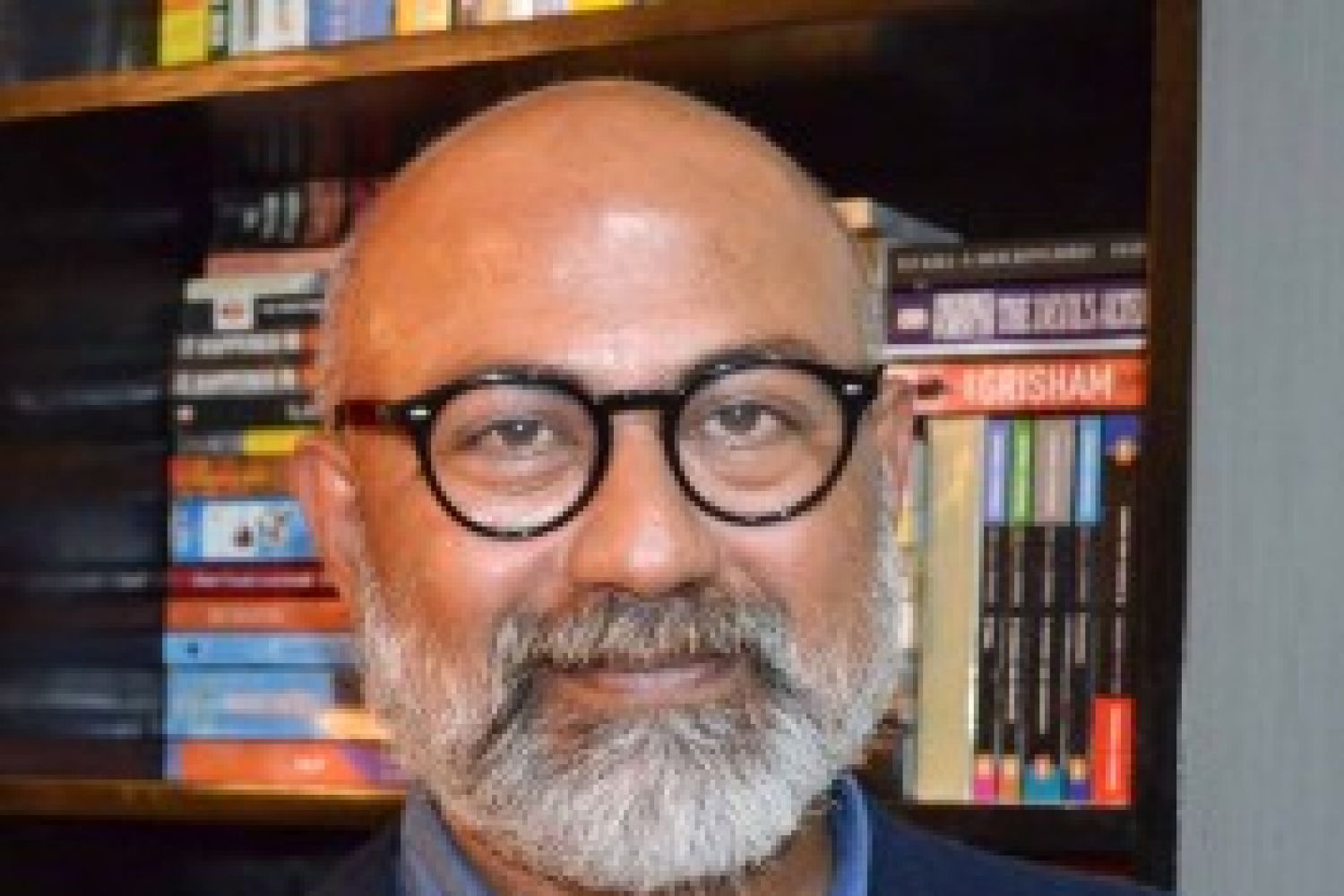
What began for journalist Akshaya Mukul as a conversation
with his father in 2008 ended in a 500-page volume that has won awards and
raised eyebrows in equal measure. His book on Gita Press was intended to be the
chronicle of a little printing press that became a force in the world of
religious publishing. It became Gita Press and the Making of Hindu India,
winner of the Shakti Bhatt First Book Award, the Crossword Book Award, Tata
Literature Live! Book of the Year Award, and the Atta Galat





